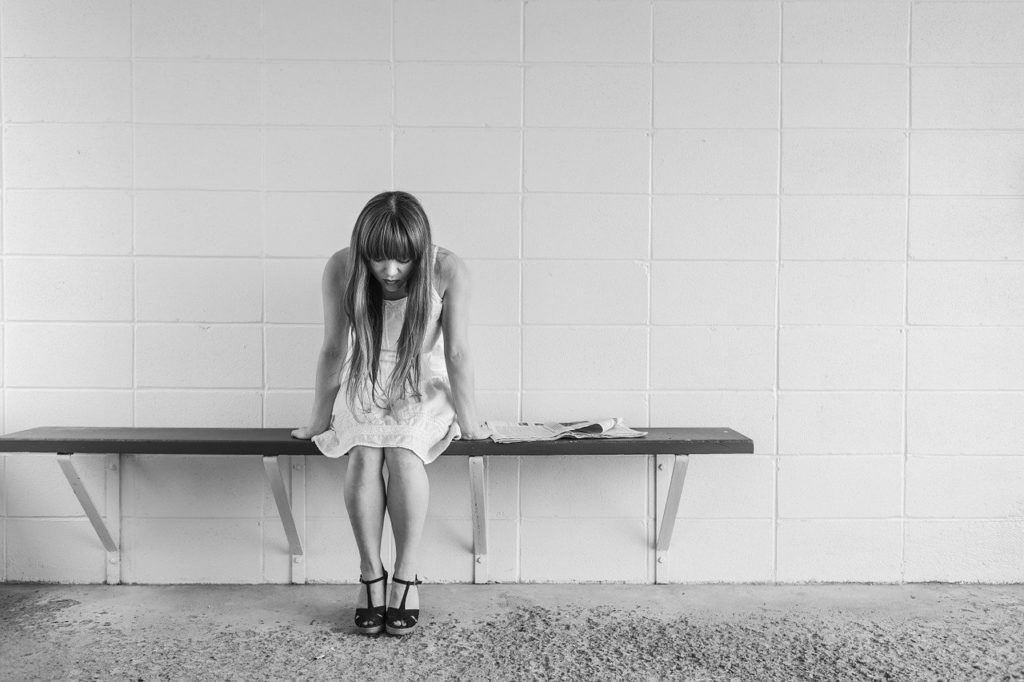Teen depression is on the rise amongst US teens, with teenage girls almost three times more at risk than adolescent boys for experiencing a depressive episode.
Teen Depression According to Age and Gender
The numbers from the National Institute of Mental Health (NIMH) released numbers for depression in teens according to age and gender.
- 17.3% of depressive episodes occurred in female teens.
- 5.7% of teens who reported a depressive episode were male.
Age seems to be a factor, with depression increasingly common in older teens than in younger children.
- Almost 6% were 12 years old.
- Almost 9% were 13 years old.
- Almost 11% were 14 years old.
- 13% were 15 years old.
- Just over 14% were 16 years old.
- Just over 15% were 16 years old.
Race and Ethnicity Depression Statistics
The NIMH numbers also show some disparities in depression according to race and ethnicity.
- 11.5% were Hispanic.
- 12.0% were White.
- Just over 9% were Black.
- Almost 7% were Indian or Alaskan natives.
- 12.5% came from 2 or more nationalities.
More Data Revealing the Prevalence of Depression in Teens
Around 10 to 15 percent of teens have depression at any one time, and as many as 8.3% of teens have an episode that lasts for 12-months or more.
Most teens will go through more than 1 episode of depression, with 20 to 40 percent going through more than one episode within two years or less.
Seventy percent of teens will have multiple episodes of depression before adulthood, with a significant portion of those lasting eight months or more.
Dysthymia, a form of mild but long-lasting depression, affects about 2 percent of teens. Fifteen percent of teens who have depression will develop bipolar disorder, and about 2% will develop bipolar before adulthood.
Recent Figures Show Depression to be On the Rise In Teens
In 2017, 13% of US teens between the age of 12 to 17 reported at least one major depressive episode. This figure is significantly higher than the 8% recorded in 2007. [1]
One in five girls in 2017 reported a depressive episode, but only 7% of boys had at least one episode over 12 months.
Between 2007 and 2017, the total number of reported depressive episodes for all teenagers increased 59%, with girls at 66% and boys at 44%.
While teenage girls appear to be more at risk of a depressive episode, they are also more likely than adolescent boys to seek treatment from a mental health worker and accept medication as treatment.
Risk Factors of Teen Depression
Any teen, regardless of age, gender, race, social situation, or family income level, can develop depression. A few of the risk factors that may increase the likelihood of a depressive episode include:
- Abuse or long-term trauma
- Illness or disability
- Depression can run in families – it is 20 – 50 percent more likely a teen will have a depressive episode if another family member has had a depressive episode.
- Previous depressive episodes
- Untreated mental health challenges such as addiction, dysthymia, antisocial behaviors, and anxiety
Thirty percent of teens with depression will later develop a substance abuse problem. Teens who have depression will usually have a smaller circle of friends and avoid educational opportunities.
Depressed teens are also less likely to hold down a job, face challenges in relationships, and perform poorly in school.
Depression also seems to affect the immune system, as depressed teens are more likely to develop a physical illness.
Seek Help if You Need It
Depression is a treatable disease. Eighty percent of people with depression who seek help achieve a positive outcome, but only 33 percent of teens will ask for the help they need.
References
[1] https://nsduhweb.rti.org/respweb/homepage.cfm
